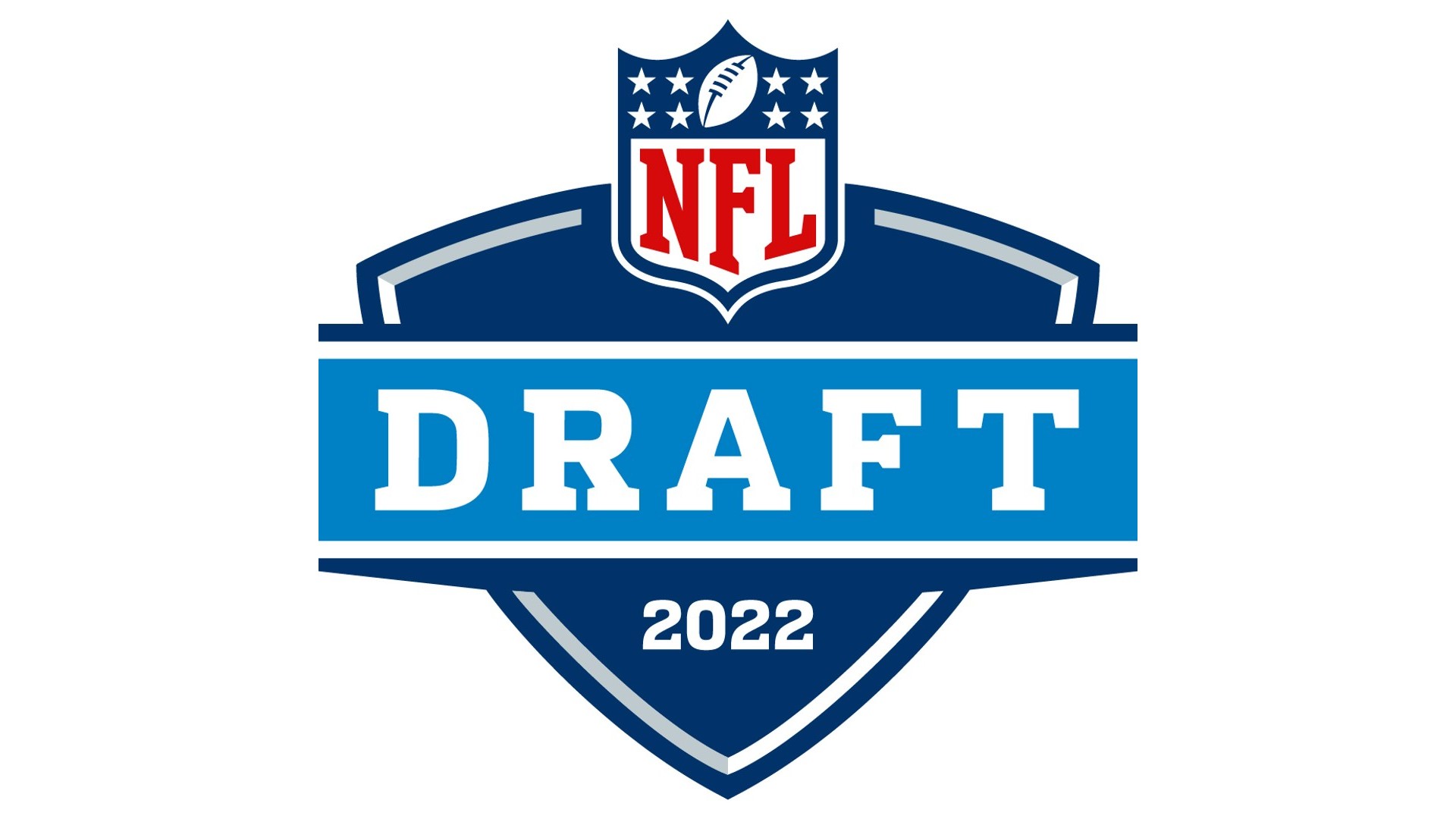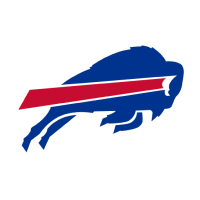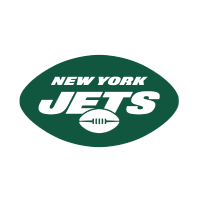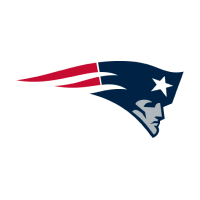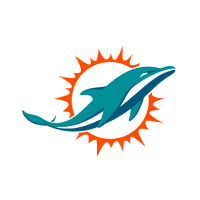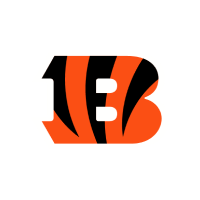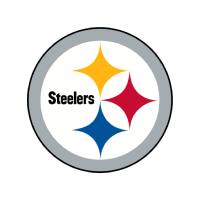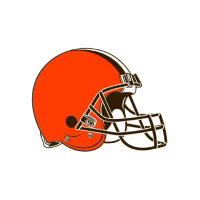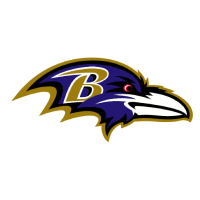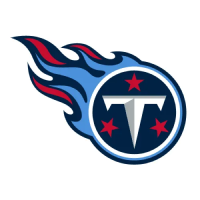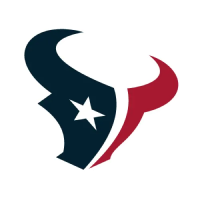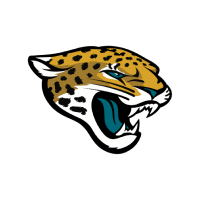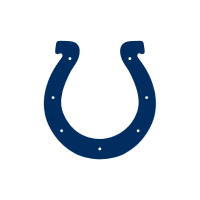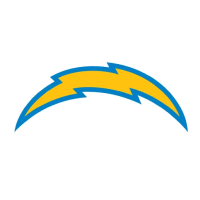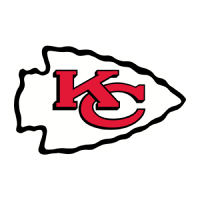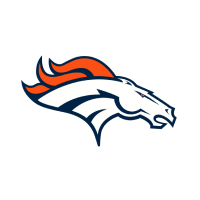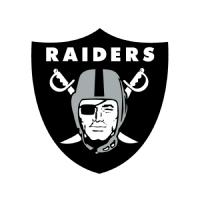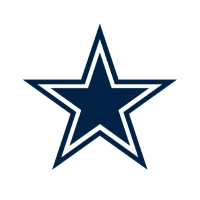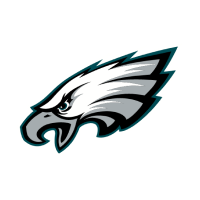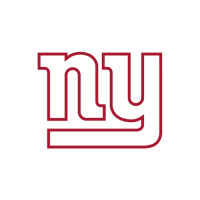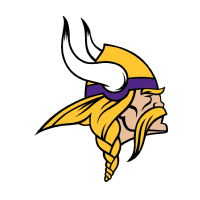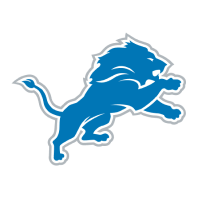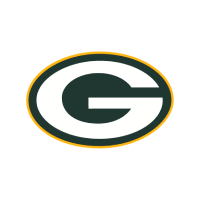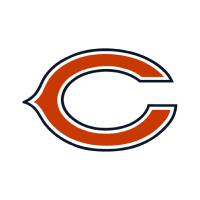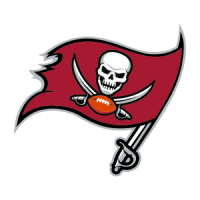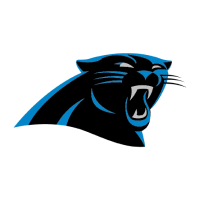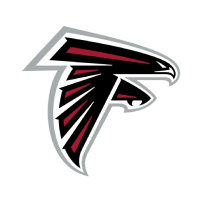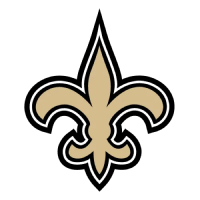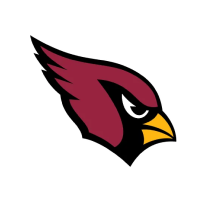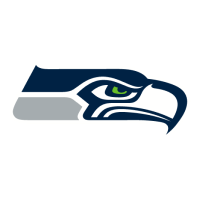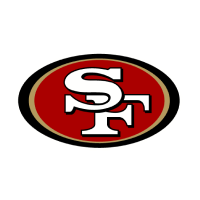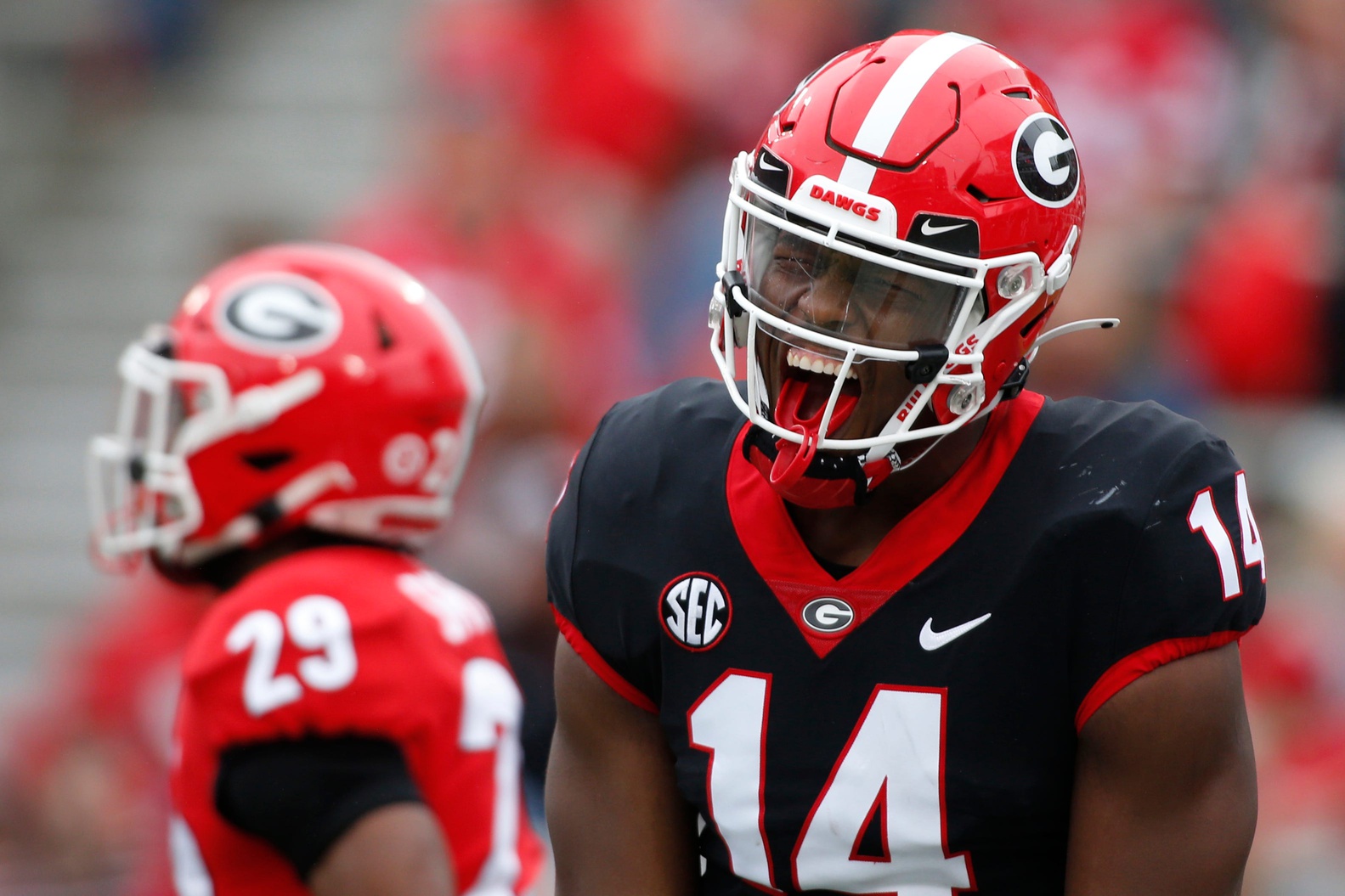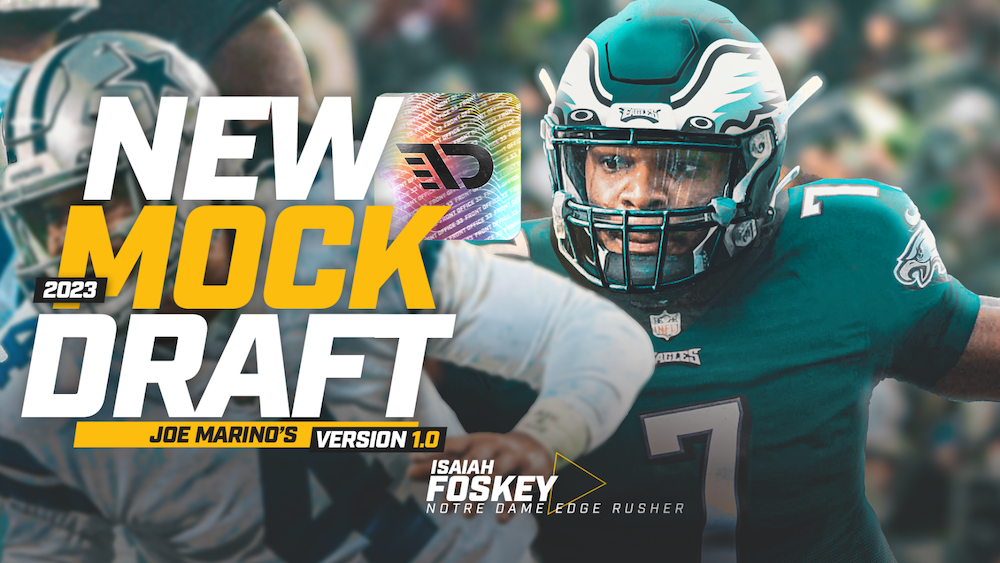Stop me if you’ve heard this one before: “The Chicago Bears’ plan is to protect Justin Fields.”
Despite their decision to trade up to the 11th overall pick for one of the top quarterback prospects of this year’s class, head coach Matt Nagy and the Bears continue to run out Andy Dalton –– and not Fields—as the starting quarterback. Chicago fans, along with some of us here at The Draft Network, are also longing to see the Ohio State product take the field as the Bears’ starter already.
So, what gives? What does “protecting Fields” really mean?
During the pregame show ahead of the Bears’ Sunday Night Football matchup against the Los Angeles Rams, ESPN’s Adam Schefter made the case for what I’ll call “long-term protection,” pointing to some past examples of current quarterback stars who rode the bench for much—if not all—of their first seasons.
“What about the guys who had the chance to sit on the bench? Patrick Mahomes, Aaron Rodgers, Tom Brady,” Schefter said. “There are a lot of them who sat there and waited and learned.”
Interesting point there, Schefty, but let me point out some problems with those comparisons. First, Mahomes. Yes, the Chiefs were looking at him as a guy who would take over from the 33-year-old Alex Smith as their young quarterback of the future. Smith, unlike Dalton, had already been the Chiefs’ established starter for several years. In his five seasons with the Chiefs, he never once led them to a losing season and was selected for the Pro Bowl three times. In 2017, the year the Chiefs drafted Mahomes, Smith led the league with his 104.7 passer rating. Kansas City had the flexibility to “protect” Mahomes because the guy they had under center was already an above-average NFL quarterback.
Next, let’s tackle the Rodgers argument. Let’s see… who was it the Packers had starting at quarterback those first three years after they drafted Rodgers? Oh yeah, Hall of Famer Brett Favre. Sure, Favre had a rough 2005 season, but he was still Brett Favre. Green Bay felt more than comfortable keeping Rodgers on the bench for another two seasons and learning the new system under first-year head coach Mike McCarthy for two more years. I’m pretty comfortable saying Dalton, as much as he’s meant to Cincinnati Bengals (and Bills) fans, will probably not end up in the Pro Football Hall of Fame.
Finally, the Brady argument. Brady is arguably—though not as argued now—the greatest NFL quarterback of all time. With the career he’s had it’s easy to forget—as it seems Schefter did—that Brady was a sixth-round pick. He began his rookie season as the fourth quarterback on the depth chart. Though he managed to move his way up to second string by the end of that year, he didn’t begin his campaign of dominance as an NFL starter until New England Patriots starter Drew Bledsoe went down with an injury in Week 2 of the 2001 season. Lest we forget, Fields was a first-round pick and is expected to be the Bears’ quarterback of the future. Brady, at least when he was drafted, didn’t have those same expectations on his shoulders.
“But wait,” you might be saying, “what about the short-term protection? The Bears have a bad offensive line and had to play Aaron Donald and the Rams Week 1. They’re also playing Myles Garrett, Jadeveon Clowney, and the Browns Week 3. They don’t want to have Fields end up injured like Joe Burrow did last year or seeing ghosts in the pocket too early on. Maybe protecting him means just for those early matchups?”
That’s the thing about the NFL. It’s not just a couple of teams who have big, scary pass rushers. The Bears will see Las Vegas’ Maxx Crosby, the Tampa Bay Buccaneers’ Vita Vea, the San Francisco 49ers’ Nick Bosa, and the two Watt brothers this year. It’s not going to get any easier up front later in the season.
Clearly, the 2021 Bears are in a different situation than the 2017 Chiefs, the 2005 Packers, and the 2000 Patriots teams; they’re not really in a position to “protect” Fields long-term. Both they and everybody who’s watching already know Dalton isn’t giving them a significantly improved chance to win now, and having him continue to start is just putting off the inevitable even longer. The argument that they’re doing it to “protect” Fields in the short-term isn’t one that holds water either, since they’ll be facing just as formidable pass-rushing threats down the road this season.
It’s time to quit the “they’re doing it to protect him” narrative. It’s time to start Fields.
Filed In
Related Articles
NFL Draft
Arik Gilbert Doesn’t Need Big Workload To Be A Top NFL Draft Pick
- Aug 22, 2022
NFL Draft
2023 NFL Mock Draft: Marino 1.0
- Aug 22, 2022
Written By
